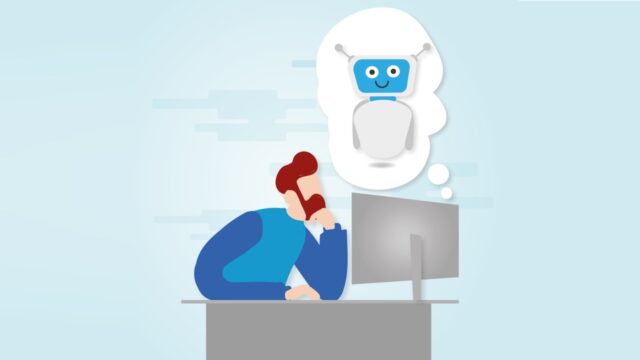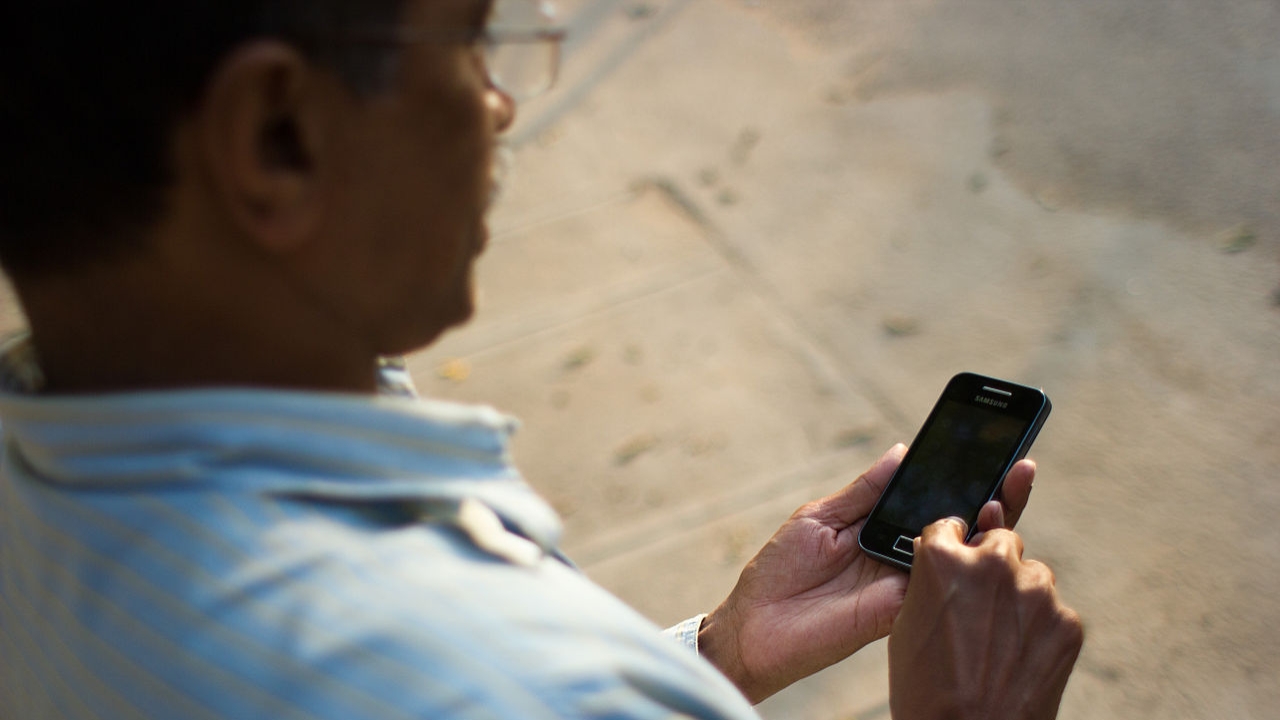
Doctors are key to overcome the COVID “infodemic”
Originally posted on The Horizons Tracker.
The volume of conspiracy theories and misinformation surrounding COVID-19 has been such that the World Health Organization suggested that we’re in the midst of an “infodemic” that is just as harmful as the pandemic. This has been only too evident as news has emerged from Pfizer and AstraZeneca regarding strong progress with vaccines for the virus.
Researchers1 from the University of Delaware have highlighted the stereotypes, stigma, and conspiracy theories that have emerged alongside the virus this year.
“Evidence suggests that people are more likely to believe conspiracy theories when they feel anxious, powerless, and unable to control their outcomes, as well as in times of crisis and when faced with large-scale events with serious consequences,” the researchers explain. “Pandemics such as COVID-19 are powerful contexts wherein individuals may turn to conspiracy theories in an attempt to restore feelings of safety and control.”
Overcoming stigma
The researchers conducted two studies, the first of which2 highlights the stigma that often proves an insurmountable barrier to things such as COVID-19 testing.
“We know from studies on mental illness and HIV that stigma will keep people from getting tested,” the researchers explain. “And stereotypes are one way that people experience stigma. Stereotypes are how stigma gets into our heads and shapes our views. Stereotypes help people feel safe. Stereotypes help people believe that those who get COVID, or HIV, are unlike them or doing the wrong thing. Stereotypes can sometimes give people a false security blanket.”
The volunteers who anticipate high levels of stigma associated to COVID revealed that they would be much less likely to get tested for it, just in case their fears came true. These fears were generally confounded as knowledge of the virus increased, with this rise in knowledge linked to a greater likelihood of getting tested.
The second study3 explored the proliferation of conspiracy theories, with roughly one in three of the volunteers believing at least one conspiracy theory related to COVID. The researchers believe that such conspiracies make us less likely to support various public health policies, especially involving vaccinations as they generally trusted public health experts less.
A glimmer of hope might be through the role of local doctors, as most volunteers said that they retain trust in their personal doctor, even in areas where they would ordinarily believe conspiracies. As such, the vast majority of people agreed that they would get tested if their doctor instructed them to, and 90% said they trusted COVID-related information they received from their doctor.
“Medical doctors are highly trusted sources of medical information,” the researchers conclude. “Doctors can play a leading role in combating misinformation because even people who believe conspiracy theories still believe information about COVID from their doctors.”
Article source: Doctors Are Key To Overcome The COVID “Infodemic”.
Header image source: Direct Media on StockSnap, Public Domain.
References:
- Earnshaw, V. A., Brousseau, N. M., Hill, E. C., Kalichman, S. C., Eaton, L. A., & Fox, A. B. (2020). Anticipated stigma, stereotypes, and COVID-19 testing. Stigma and Health, 5(4). ↩
- Earnshaw, V. A., Brousseau, N. M., Hill, E. C., Kalichman, S. C., Eaton, L. A., & Fox, A. B. (2020). Anticipated stigma, stereotypes, and COVID-19 testing. Stigma and Health, 5(4). ↩
- Earnshaw, V. A., Eaton, L. A., Kalichman, S. C., Brousseau, N. M., Hill, E. C., & Fox, A. B. (2020). COVID-19 conspiracy beliefs, health behaviors, and policy support. Translational behavioral medicine, 10(4), 850-856. ↩






